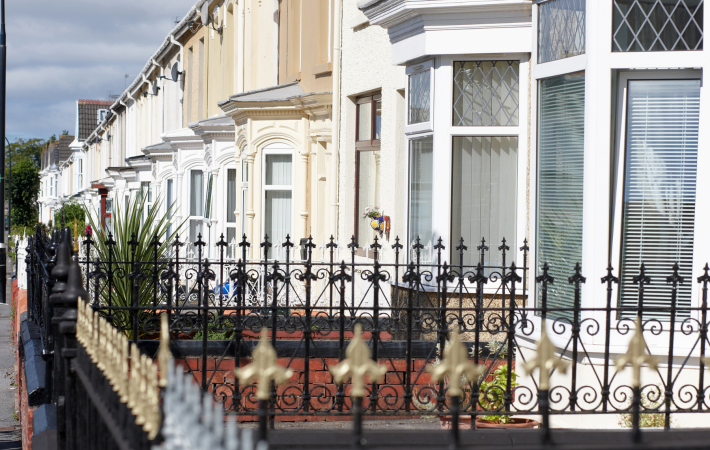07 December 2023
What does the Leasehold and Freehold Bill mean for property owners?


During his first King’s Speech as reigning monarch, King Charles promised reform of the leasehold laws that only last month Michael Gove lambasted as an ‘outdated feudal system that needs to go’.
This comes in the form of the Leasehold and Freehold Bill. However, rather than being abolished entirely as previously suggested, it seems that the proposed measures would amend the legislation to make key changes. But what are they - and what do they mean for owners of leasehold properties?
A leasehold is an agreement with the owner of the freehold for which the leaseholder owns the property for a fixed term which is usually 125 years or 999 years. When the term of the lease shortens (usually below 70 – 80 years) an extension is normally required and must be negotiated with the freeholder or landlord. This would extend the term of the lease but at a financial cost to the leaseholder which can be high.
At the last count, there were an estimated 4.98 million leasehold properties in England which equates to 20% of the English housing stock. Clearly, it is no small issue.
The government is seeking to “take action on exploitative ground rents, expand leaseholders’ ability to enfranchise and to take back control from distant freeholders,” according to Michael Gove, speaking earlier this year.
He pledged to “reduce punitive legal service charges, reduce insurance costs and improve transparency.” So, does the Bill measure up?
Currently working its way through the House of Commons, the Leasehold and Freehold Reform Bill is undergoing its second reading and proposes the following key amendments.
At the moment, before qualifying for a lease extension, leaseholders have to have been the registered proprietor of their property at the Land Registry for two full years. The Bill seeks to remove this clause entirely, meaning that leaseholders will be able to seek an extension of ground rent immediately upon taking ownership.
When extending a leasehold, the standard extension term is 90 years. The Bill will increase this period to 990 years, meaning that fewer homeowners will need to seek extensions and thereby minimise costs over time.
While the two core reforms seem promising, the dangers of enforcing new legislation are unintended consequences arising from it. The change could muddy the waters for leasehold property owners or lead to an unintended increase in the cost of extending, so the true usefulness of the proposed reforms remains to be seen.
While the prospect of change is promising, leasehold property owners will need to conform to the current laws until such a time as the new legislation is approved - if indeed it makes it through Parliament intact.
If you are interested in making a leasehold sale or extending your leasehold, get in touch with our domestic property team today.

Contact Stephen to discuss this further.